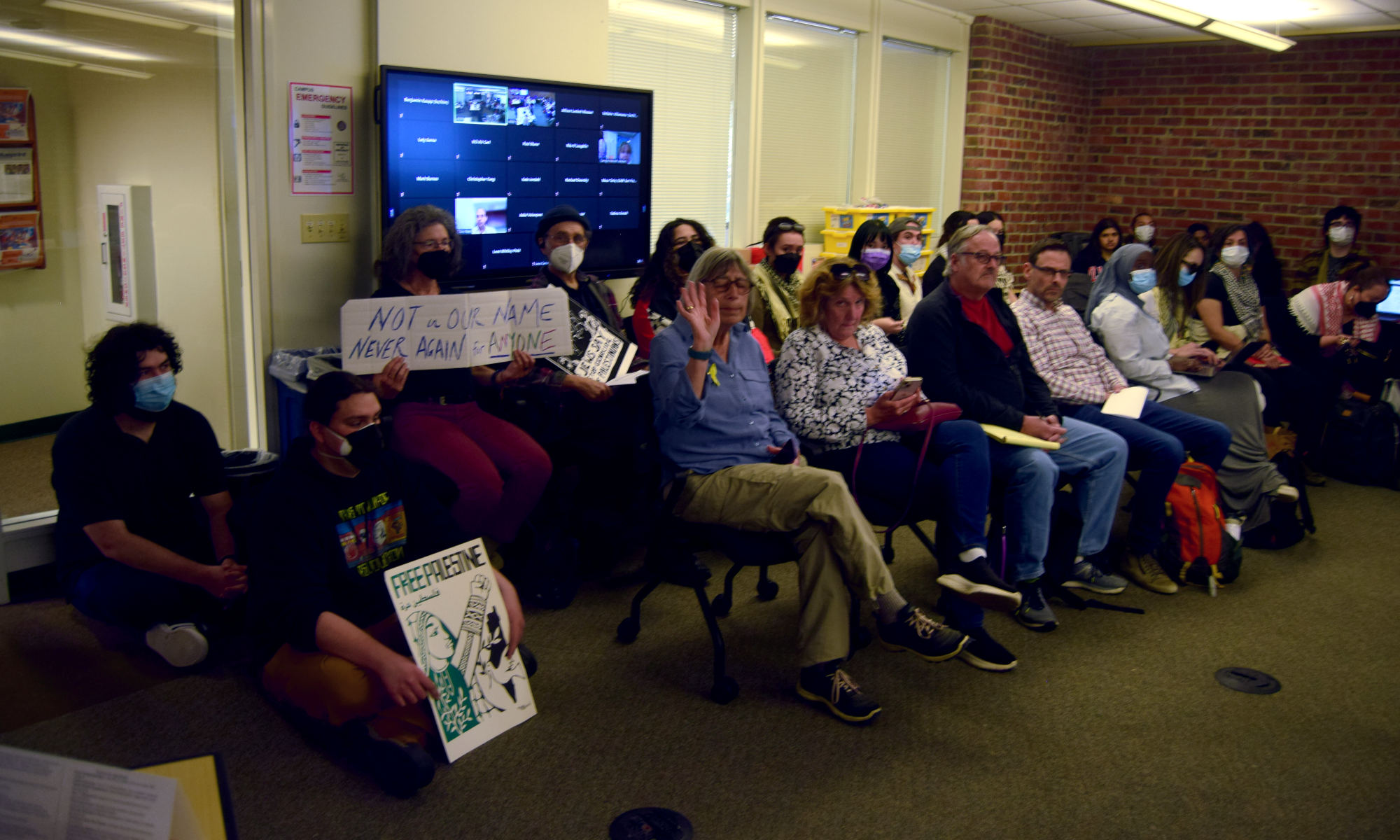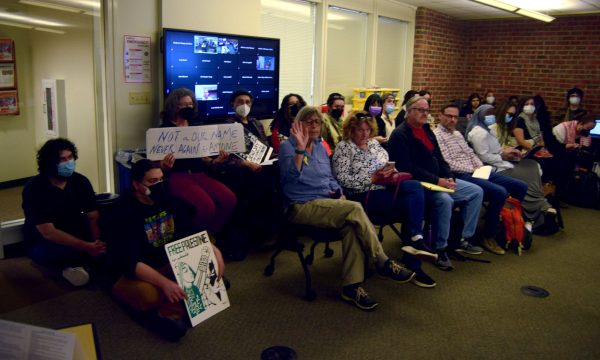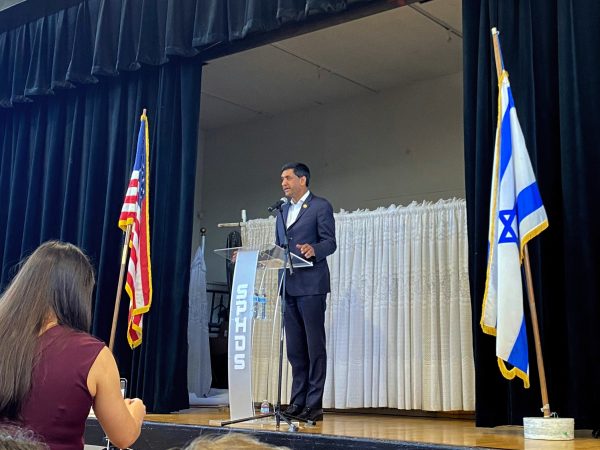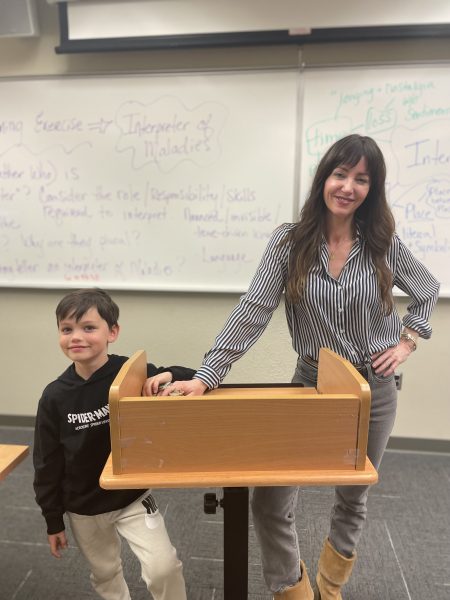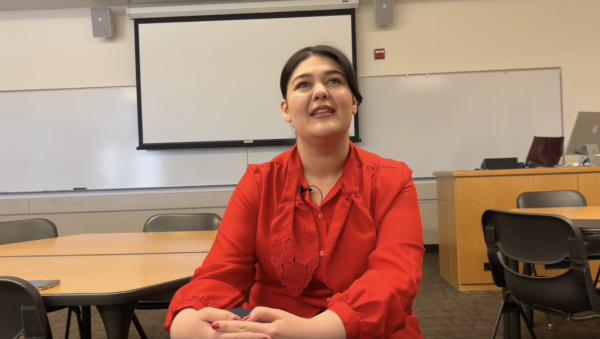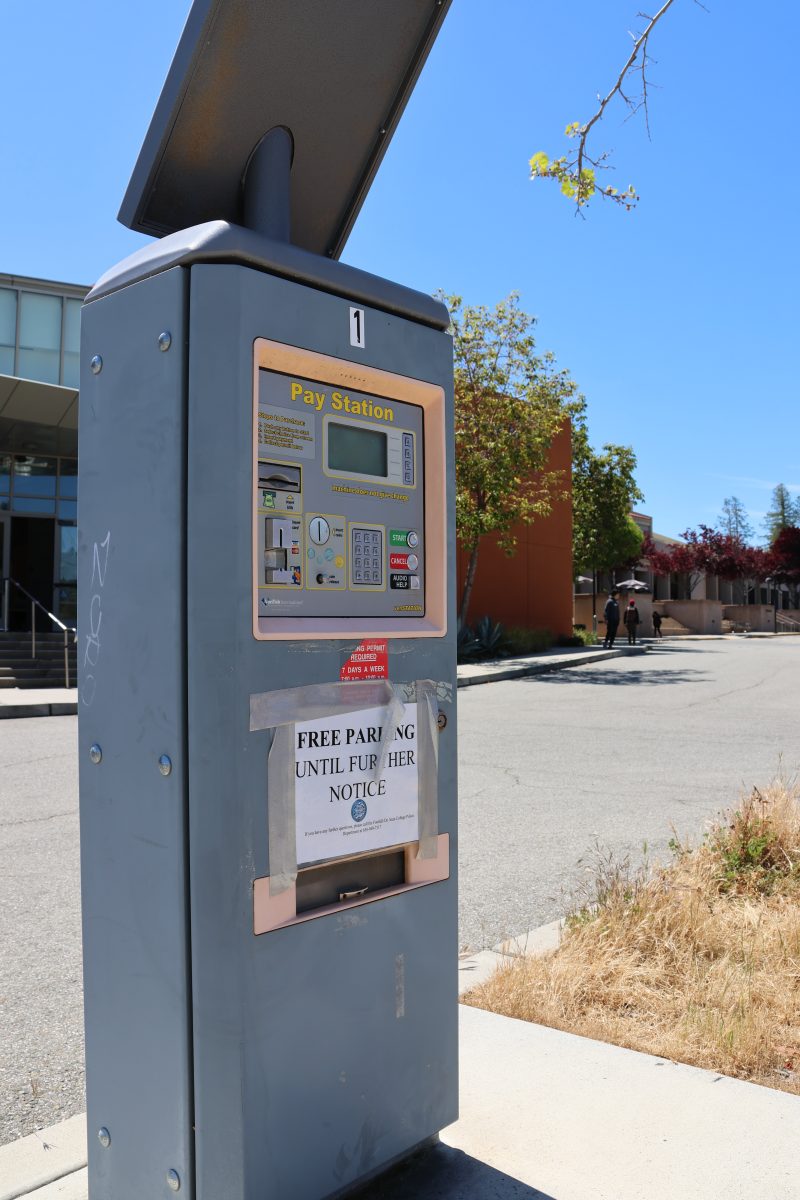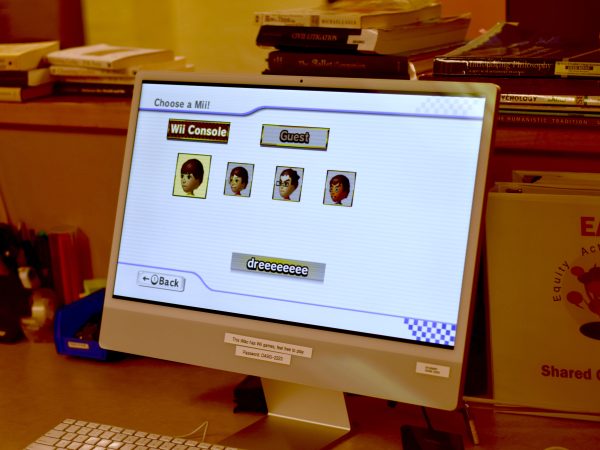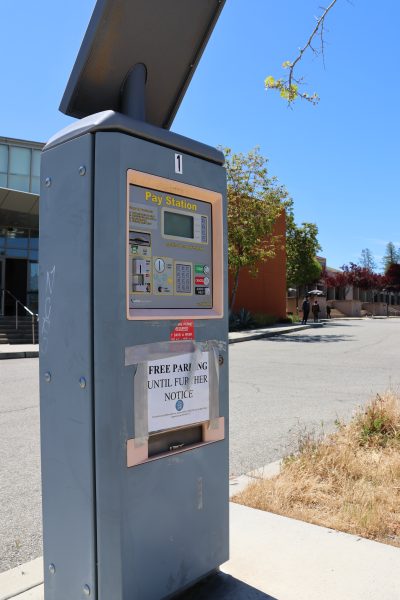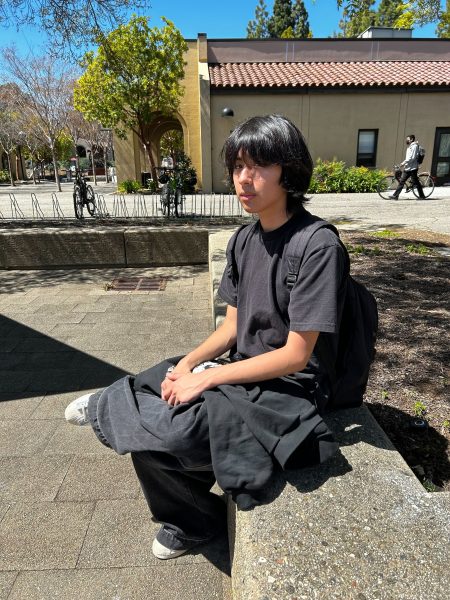In Cutthroat Rematch, Mike Honda and Ro Khanna Compete for Most Untrustworthy
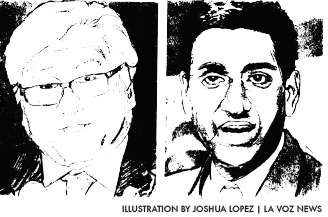
October 9, 2016
In hot-button Congressional District 17 rematch between Rep. Mike Honda, D-San Jose, and challenger Ro Khanna, wherein ageism, scandal and logical fallacies take front and center stage, policy rarely makes the books or arises as a serious contention between the candidates. Their 2014 faceoff was chock-full of red herrings and character attacks, often unfounded at even the most primordial of roots.
At the climax of this all, a plurality of voters are likely convinced that esteemed congressman Mike Honda is actually a lazy fat-cat who collects tax dollars for the sole purpose of guaranteeing reelection, even post-mortem. Meanwhile, Ro Khanna must be a right wing tea partier with a case of tunnel vision set to “privatizing social security mode.”
Yet, when it comes their respective images of trustworthiness, the only palpable difference between prospective congressional candidates Mike Honda and Ro Khanna is the manner in which they manipulate systems for their own gain.
Honda is likely guilty of using assistants on congressional payroll to aggregate information and help fundraise for his campaign. More recently, Khanna has been accused, based on fairly damning evidence, of facilitating, encouraging, or at the very least knowing about an ongoing scheme in which his campaign manager illegally accessed his opponent’s sensitive campaign data.
Look no further for arisen allegations that Mike Honda created a list of wealthy donors “who were fast-tracked for VIP treatment on matters like visas and constituent service”. The ultimate intention to accumulate names until it totalled one thousand donors who were wealthy enough to give repeated donations of a thousand dollars each, which would in turn, produce a million dollars every donation cycle. That alone should send a cold chill down the spine of those who have any sort of vested interest in the undemocratic relationship between money and politics.
Khanna has his own issues of transparency. Fast to accept money from tech magnates but slow to provide a real record of his alleged progressiveness, Mr. Khanna seems instantly shrouded in unpredictability. While bypassing the need for PAC and lobbyist funds, Khanna’s list of donors reads “like a who’s who of silicon valley”, with individual donations averaging near the contribution limit. It would seem that he’s a man of the people — if your people are rich technocrats. He has been quick to compare himself to Senator Sanders, but the populist magic number is $27, not $2000.
A severe lack of transparency shows Khanna hasn’t learned from his past mistakes. As early as in college he was denounced by his school’s newspaper for having purposefully tampered with receipts to mask the overspending of his student party. Now he’ll be in charge of holding the very corporations who fund him responsible. It would already be a monumental effort to summon the energy to pretend an honest person is capable of this, much less Khanna.
Having experienced World War II Japanese internment, Honda has fittingly dedicated himself to decades of progressive public service, working from the lowest branches of the government initially as a teacher and eventually the United States House of Representatives upon election in 2000. Ironically, before Khanna challenged Honda in their 2014 faceoff, he had this to say about the district’s incumbent: “Congressman Honda is of course an outstanding representative. But, he is also the one person in the entire United States Congress, who, if there is an issue concerning the Asian-American community, anywhere, or if there’s an issue the administration wants to know about Asia, they go to Congressman Honda.”
Not unlike his opponent, Khanna also frequently alludes to his personal history as a means of conveying empathy and understanding, reciting his grandfather’s unjust imprisonment for marching alongside Gandhi. While dramatically less decorated in terms of public service, Khanna refines his image through his youthful charisma, quick-wit, intelligence, and his refusal to accept campaign contributions from PACs and lobbyists.
Both of these descriptions paint a fairly hopeful image; one which soothes the anxiety that voters face when having to indecisively choose between two democrats come election day. And yet, despite few differences in terms of policy proposal, CD-17 will inevitably be one of the most-covered congressional races in the country.
While Honda’s team continues to hide within the depths of SEIU, evasive in ways reminiscent of Hillary Clinton’s avoidance of the press, Ro Khanna, as we speak, pushes for a postponement of his campaign’s preliminary hearing, hoping to push it until after the election such that it goes unnoticed. Something is rotten in the state of Denmark; it’s a stench that eludes even the eyes of those most informed. While the smell can be sensed, its source remains uneasy — malleable to the demands of politics and stiff to the calls for transparency.



